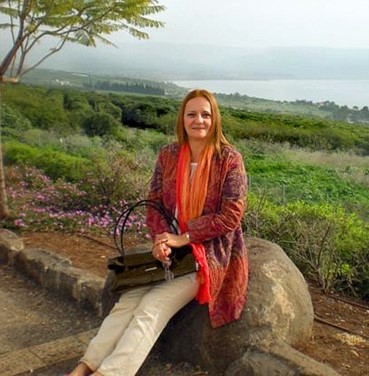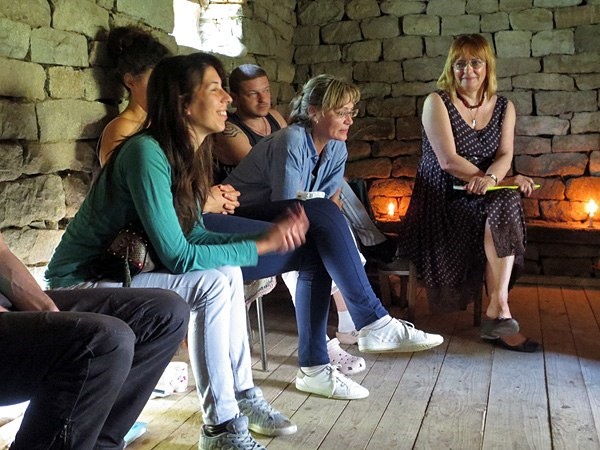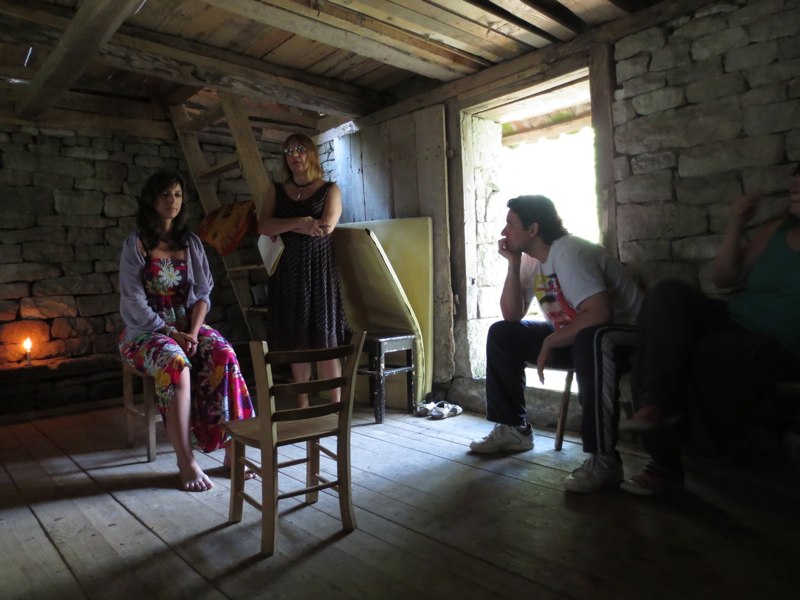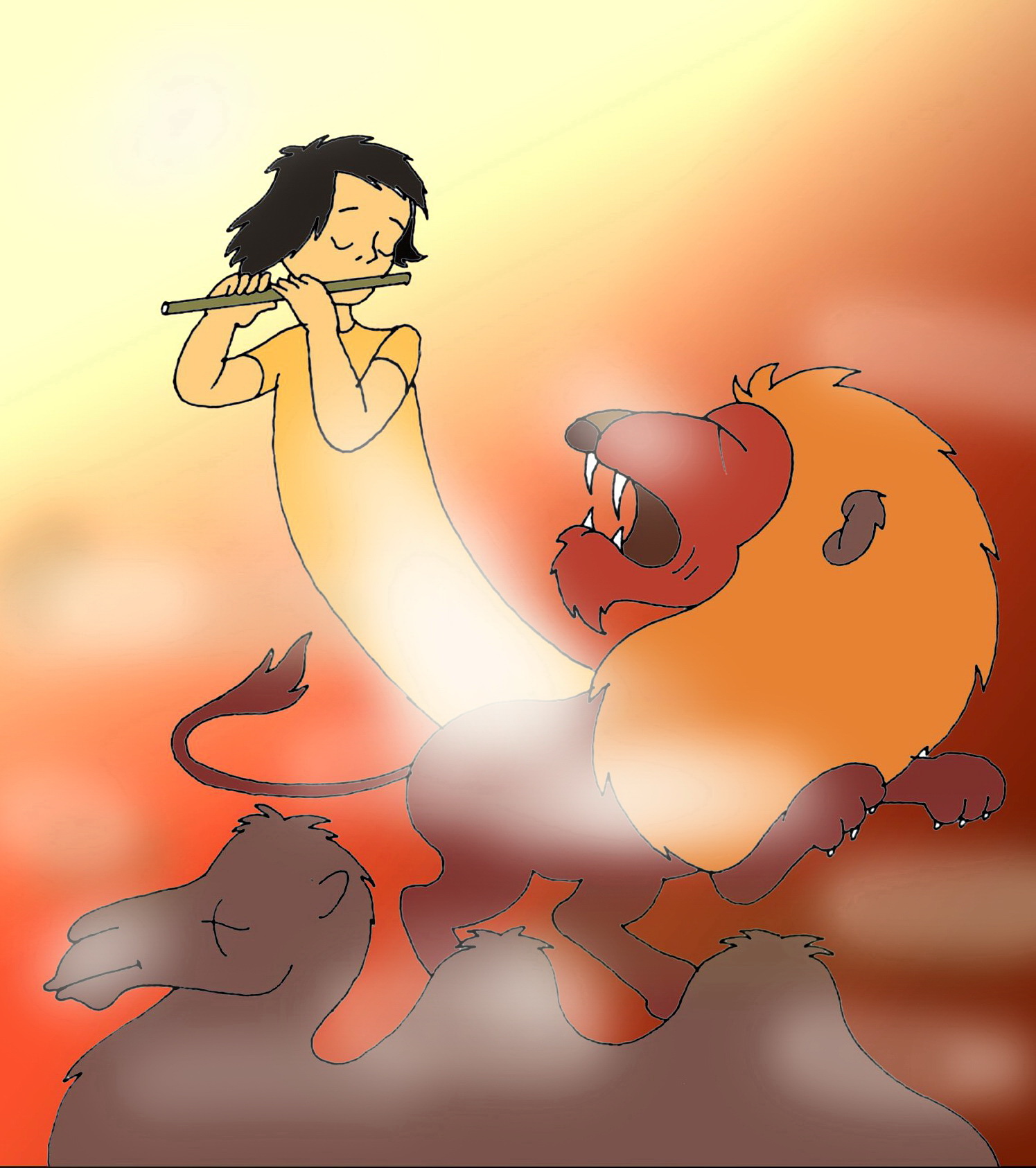EDUCATORS
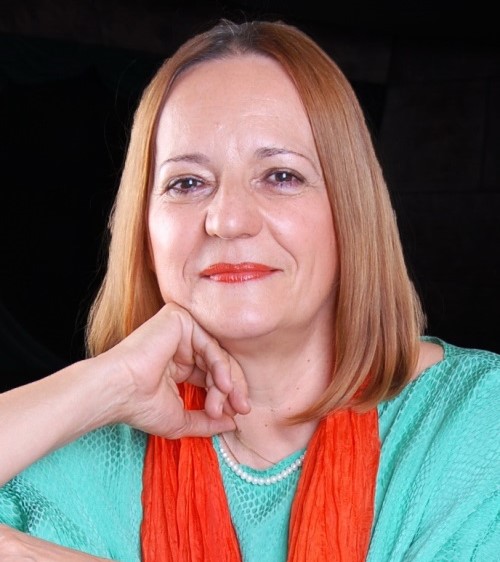
SNEŽANA D. MILENKOVIĆ, (born 12 December 1950), Distinguished Professor of psychology and psychotherapy at the University of Novi Sad, Serbia,
received her MA in psychology (1981) and doctorate in medicine (1992) from Belgrade University.
She has devoted her professional career to the teaching, practice, and study of psychotherapy.
Prof. Milenković is the author or co-author more than 200 articles on the theory and practice of psychotherapy published in various psychological,
psychiatric, and psychotherapeutic scientific journals, published both in the country and abroad and three books
including: Values in Contemporary Psychotherapy (1997), Psychotherapy and Spirituality (2002),
and Soul Thinks in Images – Integrative Art Psychotherapy (2017). The new book The Book of Silence – Phenomenology of Silence is in press.
Prof. Milenković has participated in more than ten scientific-research projects at the University and she has worked with traumatized refugee adolescents and the elderly, working as a project coordinator, supervisor, educator, methodologist, and workshop leader, with IOCC, ECHO, IASC, IOM and ACT, in Belgrade.
She is a holder of the European Certificate for Psychotherapy and the Serbian Certificate for Psychotherapy.
She is a member of numerous professional organizations including the European Association for Psychotherapy (EAP), EAP Science and Research Commitee (SARC), EAP Editorial Board member for International Journal of Psychotherapy(IJP) and the Editorial Board member for EC Psychology and Psychiatry (ECPP).
Prof. Milenković is a co-founder, ex-president (1997-2009) and now Honorary President of the Serbian Union of Associations for Psychotherapy.
She is a co-founder and president of the Serbian Society for Integrative Art Psychotherapy (1999-present).
Her current focus is on founding the International Holistic Health Center (combining integral psychology, medicine and psychotherapy) dedicated to the integral humankind health (body, soul & spirit).
Her main interest is a study of values in psychology and psychotherapy, and nowdays, nondual mindful psychotherapy and holistic health.
Her personal interests include arts, philosophy, religion and love for nature and traveling.
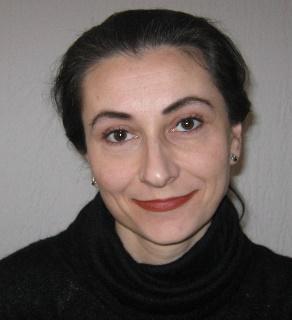
Jelena Šakotić-Kurbalija is a psychologist and psychotherapist. She is an Associate Professor
at the Department of Psychology, Faculty of Philosophy, University of Novi Sad, and teaches
courses in the field of Psychotherapy, Psychological Counseling and Psychology of Close
Relationships. In addition, she is also teaching at the Department of Dramatic Arts, the
Academy of Arts, University of Novi Sad (Master Studies, Study Programmes: Applied
Theatre, Acting in Serbian and Acting in Hungarian).
Since graduation in 1996 she has been actively involved in the scientific research projects of
the Department of Psychology. She studied the personality of psychotherapists and their
potential clients, as well as the implications for providing professional psychological help.
Her bibliography contains over one hundred references, including two monographs:
"Psychotherapists - personality and professional development" and "Marital relations in
Serbia: Relationships between marital quality, potential for divorce and psychological help
seeking".
Since 1997 she has been actively engaged in the provision of professional psychological
help, through workshops, counseling and psychotherapy with groups and individuals.
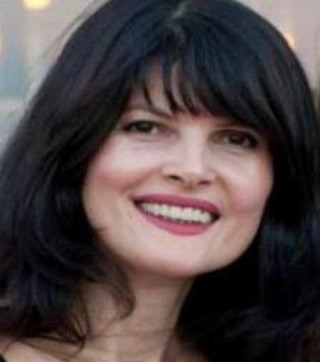
Davorka Marovic-Johnson M.Ed., NCC, LPC is a licensed psychotherapist in St. Louis, US. She studied
psychology at the University of Tampa in Tampa, Florida and received Masters of Education degree in Community
Counseling from University of Missouri - St. Louis in 2001 (CACREP accredited). She has also completed a twoyear
Advanced Psychodynamic Program at the Psychoanalytic Institute in St. Louis.
She completed her specialization related to traumatic disorders and post-traumatic stress in the Center for Trauma
Recovery in St. Louis). She has worked as a clinical supervisor at the Center for Survivors of Torture and War
Trauma and as a manager of the Bilingual International Assistant Services. Currently engaged in private practice in
St Louis which involves individual therapy, marriage counseling, clinical supervision, consultations and workshops.
Regularly presents and teaches workshops at Washington University, Saint Louis University, where she is also a
member of community advisory board for the Institute of Clinical and Translational Sciences, as well as at the
Institute for Public Health. She also a regular clinical supervisor at all the local universities in St. Louis. The areas of
interest in her research include transgeneration patterns, affective bonding, interpersonal relations, depression,
anxiety, posttraumatic stress disorder (PTSD) and neuroscience. She has given presentations and workshops in many
national and international conferences and published work on posttraumatic stress disorder.

Erik Tveit is a certified Norwegian integrative psychotherapist, supervisor and coach with longstanding
experience working with individuals, families and groups.
Upon graduation from the University of Trondheim, he became a Certified Social Worker and
continued his professional development through five years of study in Integrative Therapy (Fritz
Perls Institut für Integrative Terapie) and two and half years of supervision.
He is the holder of NFIT (Norsk Forening for Integrativ Terapi) and EAP (The European
Association for Psychotherapy) certificates.
Highly experienced in working with patients in psychiatric institutions, as well as with prison
officers and inmates, which he has written about.
Certified supervisor, coach, and organization consultant with NFIT and NOSCO (Norsk
Organisasjon for Supervisijon, Coaching og Organisasjonsutvikling).
In addition to his membership in the abovementioned professional organizations, it is important
to point out to his cooperation with a number of associations (International InterVision Group,
IIG, ANSE), as well as the fact that he is a board member in the Centre for Voluntary Work and
Council for the Elderly.
Practices Tai Chi daily.
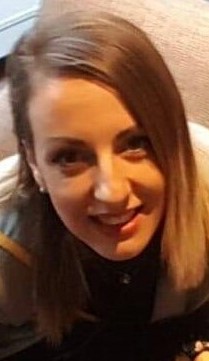
Marija Adzic is the director and founder of the Integrative Family Center in Podgorica. She is a Specialist and an Assistant Educator in Integrative Art Psychotherapy,
Specialist in Preschool Education and a pedagogue with 15 years of experience in working with children and parents. She attended many educations and seminars
from the areas of Sensory-Integrative Pedagogy, Marta Meo therapy, EMDR therapy, the Son-Rise method, as well as seminars for inclusive teaching
as well as assistance in teaching in inclusive education.
She was a participant and coordinator on many projects: training and employment of people with disabilities, education for parents for providing support
and assistance to children in households, providing psychotherapy for children with physical disabilities with preserved cognitive potential, etc.
She is also doing humanitarian work through projects which aim to provide free therapeutic support to families, and she’s also organized humanitarian events and concerts.
Her field of specialty is working with children with disabilities. She has been actively working as a therapist for 7 years,
focusing on children up to 14 years of age, as well as counseling work with parents.
She is also interested in providing full support to families and children of typical development and developing healthy relations and behavior
patterns through individual and group psychotherapy for children as well as counseling work and educations for parents.
Since recently, she has expanded focus of her work on psychotherapeutic work with adults as well.
She participated in several international congresses of psychotherapists, where she presented innovative approaches and methods within Integrative Art Psychotherapy in working with children and parents. She published her works in collections Integrative Art Psychotherapy in practice (2020, 2022).
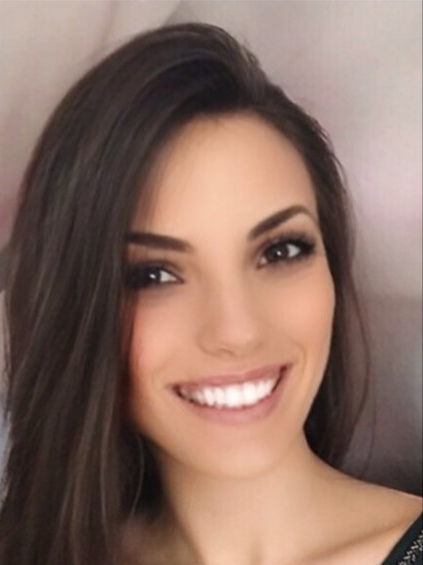
Julija Vukašinović is a psychologist and an integrative art psychotherapist. She graduated from the University of Novi Sad, Faculty of Philosophy.
After master academic studies, she specialized in psychotherapy and possesses the National Certificate for Psychotherapy.
She is an active member of the Serbian Society for Integrative Art Psychotherapy and the Serbian Union of Associations for Psychotherapy.
For the past few years she has actively been practicing psychotherapy through individual work with clients. Alongside that, she took part in several
projects aimed at youth, students and different groups of vulnerable categories of citizens, applying her own art therapy psychological workshops.
She participated in a lot of seminars and conferences, and since 2014 she is a regular participant at congresses of the Serbian Union of Associations for Psychotherapy,
where she presents her research and practice work. She is constantly working on her professional improvement. Her biggest field of interest is psychosomatics.
She passed the international specialized training in psychosomatics and epigenetics at the Institute of Body Psychotherapy in Lisbon (CPSB - Centro de Psicoterapia Somática em Biossíntese).
 About us
About us